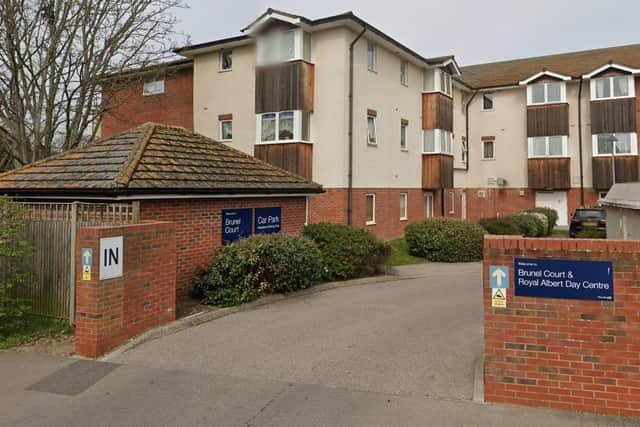CQC inspectors rate Brunel Care service in Portsmouth inadequate following lack of leadership and medicine management
and live on Freeview channel 276
This was the first inspection for this service and it was prompted by concerns received about somebody being neglected and the poor management of medicines across the service.
Advertisement
Hide AdAdvertisement
Hide AdThe care service provides support for people living with dementia and physical disabilities in the comfort of their homes, and at the time that the inspection was carried out, there were 33 people living in the block of flats.


Roger James, CQC deputy director of operations in the south, said: "When we inspected Radis Community Care (Brunel Care) we found significant issues in many areas of the service including a lack of leadership. This meant that day to day running of the service wasn’t effective which had an impact on people’s care and experience.
“Staff didn’t always report safeguarding incidents to the local authority, which meant they couldn’t be investigated by their safeguarding team, leaving people at risk of potential harm or abuse."
SEE ALSO: Saints fan makes bid to change colour of Southampton bridge lights red - instead of Pompey blue
The service has been rated inadequate overall but it has also been rate inadequate for being safe, effective and well-led as well as being caring and responsive.
Advertisement
Hide AdAdvertisement
Hide AdIt has now been placed into special measures which means that the CQC will be closely monitoring the service.
Roger James added: “We also found that medicines weren’t managed safely. For example, when our inspectors checked the medication administration records, they contained errors and weren’t always up to date. This didn’t assure us that people were being supported safely to take and manage their medicines.
“Staff didn’t have access to information needed to care for people with specific health conditions, such as epilepsy or diabetes. More importantly, if a person became ill who had either condition and, it developed into a medical emergency, staff didn’t have the training or the skills to support the person.